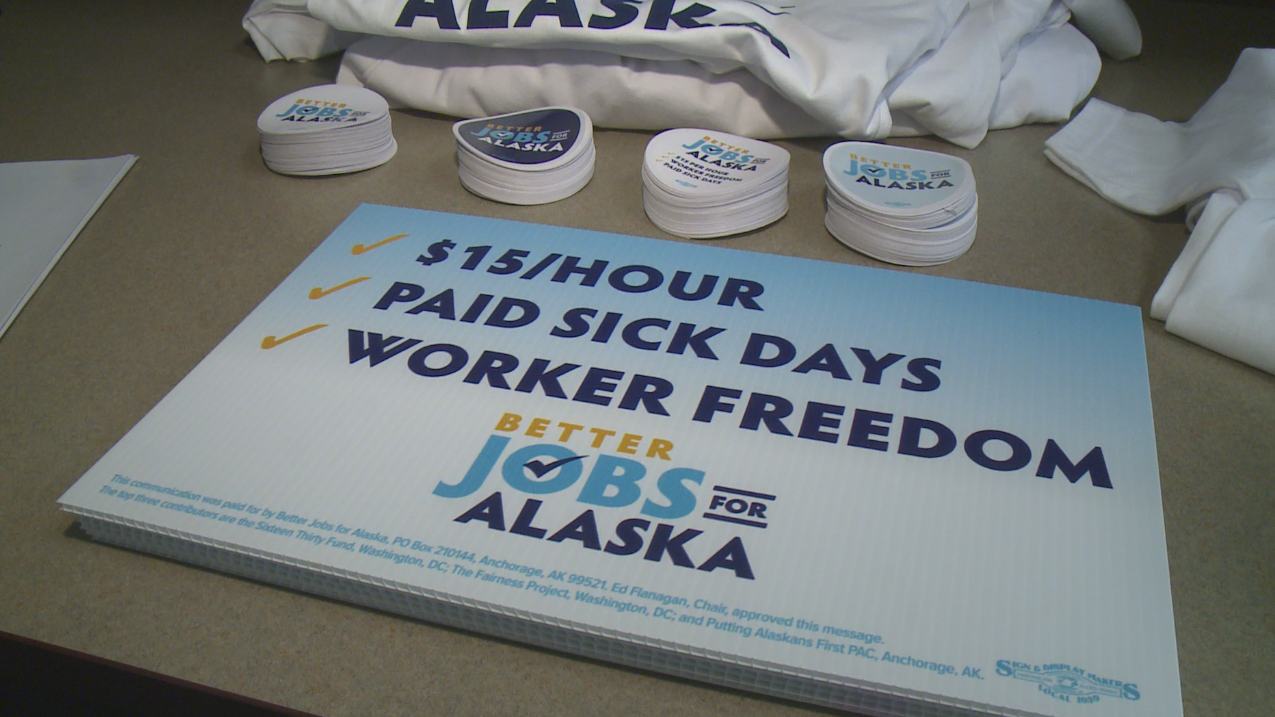The Pregnant Workers Fairness Act (PWFA) requires employers with 15 or more employees to provide “reasonable accommodations” to a worker’s known limitations related to pregnancy, childbirth, or related medical conditions, unless the accommodation will cause the employer an “undue hardship.”
The terms ‘‘reasonable accommodation’’ and ‘‘undue hardship’’ are defined in section 12111 of the Americans with Disabilities Act of 1990. The PWFA went into effect on June 27, 2023.
The PWFA does not replace federal, state, or local laws that are more protective of workers affected by pregnancy, childbirth, or related medical conditions. More than 30 states and cities have laws that provide accommodations for pregnant workers.
Why is this important?
The U.S. Census Bureau states that 72% of working women will become pregnant while employed at some time in their lives. In addition, 8 in 10 first-time pregnant women work until their final month of pregnancy. In the past, nearly one-quarter of pregnant women have thought about leaving a job due to a lack of reasonable accommodation or fear of discrimination from an employer during pregnancy.
Previously, pregnancy was not considered a disability under the Americans with Disabilities Act (ADA) as it was a ‘temporary condition”. PWFA closed this gap in federal law that left pregnant and postpartum workers without remedy if they needed accommodations to prevent health complications and keep working.
How is the PWFA applied?
PWFA explicitly addresses workers’ right to reasonable accommodations for pregnancy, childbirth, and related medical conditions unless the accommodation would impose an undue hardship on an entity’s business operation.
The new law prohibits employers from placing an employee impacted by pregnancy, childbirth, or related medical conditions on paid or unpaid leave when a different reasonable accommodation option is available.
Some examples of reasonable accommodations may include:
- Light duty, or help with manual labor and lifting
- Additional, longer, or more flexible breaks to drink water, eat, rest, or use the restroom
- Changing food or drink policies to allow a worker to have a water bottle or food while working
- Changing equipment, devices, or workstation, such as providing a chair or stool to use
- Relocating a workstation closer to the restroom
- Providing appropriately sized uniforms and safety apparel
- Changing a work schedule, like having shorter work hours or a later start time to accommodate morning sickness
- Flexible scheduling for prenatal or postnatal appointments
Once an employer is informed that the worker is pregnant, they must start an “interactive process” and have a good-faith conversation with a worker seeking reasonable accommodations. This conversation should discuss the worker’s needs and reasonable accommodations that could meet those needs. In addition, no adverse action can be made against a qualified employee requesting or using such reasonable accommodations.
Finally, employers cannot deny employment based on the need of the applicant to make a reasonable accommodations request.
How Can We Help?
Measuring break time to comply with the PWFA Act can be tricky, especially if rounding is involved. In addition, workers must be paid for all worked time. Our world-class time and attendance system can keep you FLSA compliant by tracking all breaks to the minute and allowing breaks to be paid if necessary. For more information, please contact Time Equipment Company at sales@timeequipment.com or 800-997-8463.
*This information simplifies complex Acts as Time Equipment Company understands it. It is not to be taken as legal advice. The regulations for this program are changing. Contact the U.S. Equal Employment Opportunity Commission (EEOC) for more information.










